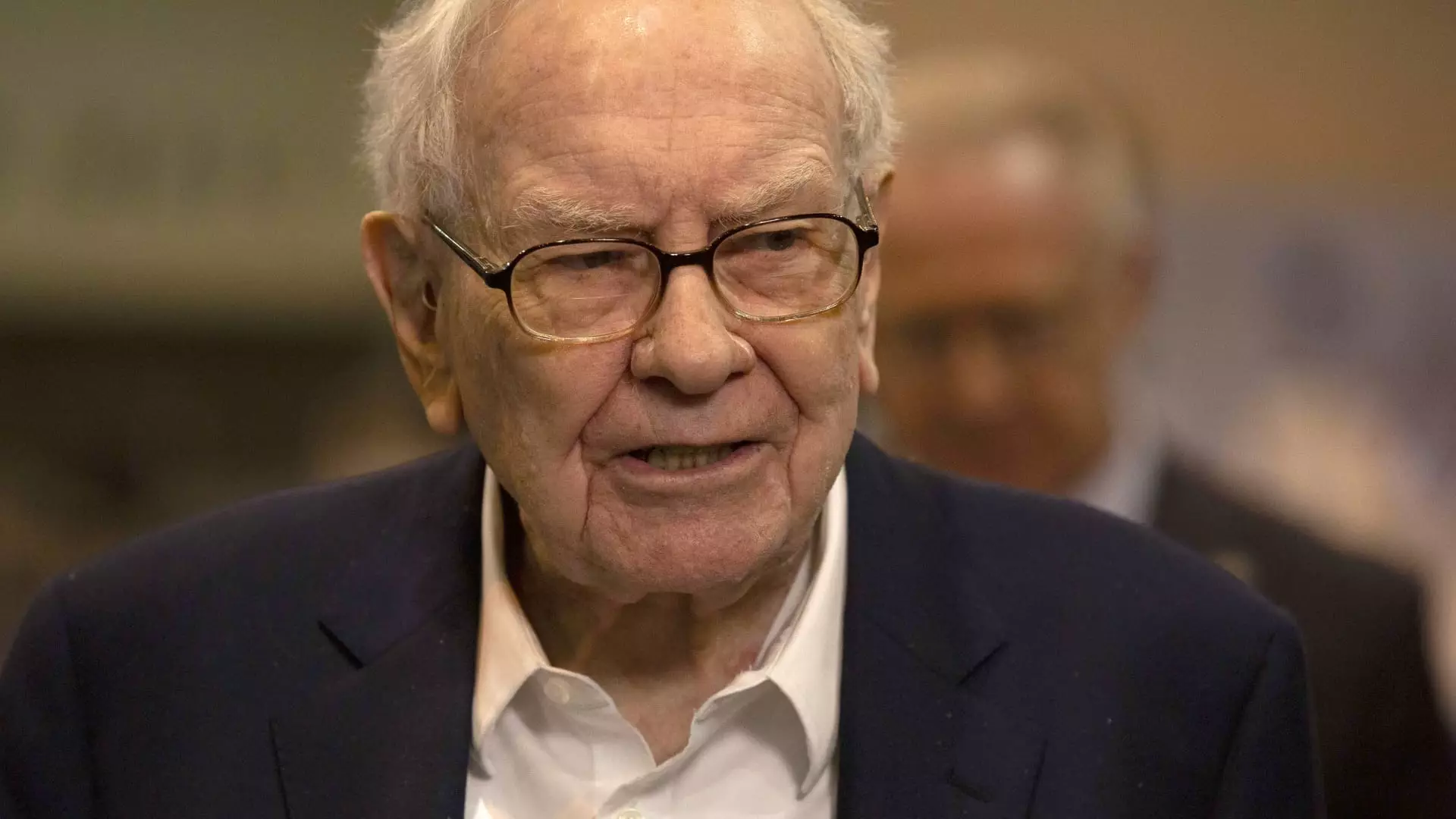Berkshire Hathaway, helmed by the iconic investor Warren Buffett, has witnessed a remarkable surge in its cash reserves, culminating in an impressive $325.2 billion at the end of the third quarter of 2023. This financial bolstering is particularly significant considering the switch in Buffett’s strategy, where he continues a stock-selling trend rather than opting for share repurchases. Understanding the implications of this strategy requires delving into the underlying factors influencing Buffett’s decisions, the broader market context, and what it means for investors.
Berkshire’s substantial cash hoard reflects a strategic pivot taken by Buffett, who has been liquidating portions of his renowned stock portfolio. Specifically, the reduction of significant stakes in powerhouse companies such as Apple and Bank of America has drawn considerable attention. In the third quarter alone, Berkshire divested approximately 25% of its Apple shares, marking a trend seen over the past year as they strategically minimize exposure to a stock that has previously been a cornerstone of their investments. Moreover, since mid-July, the firm has gained over $10 billion from selling parts of its Bank of America stake.
This decision prompts a closer look at Buffett’s rationale. Historically, he has reiterated the importance of investing in undervalued companies, but current market conditions—inflation, evolving fiscal policies, and interest rate fluctuations—pose challenges that warrant a cautious approach. By favoring cash accumulation over equity investments, Buffett may be positioning Berkshire Hathaway to seize future opportunities, demonstrating a prudent decision-making process focused on long-term sustainability.
Interestingly, the absence of stock buyback activity during this cash-building period raises pertinent questions about Berkshire’s overall market strategy. Earlier this year, buybacks had already shown signs of slowing down, with Berkshire repurchasing only $345 million of its stock in the second quarter compared to a robust $2 billion in previous quarters. The lack of buyback moves suggests that Buffett finds the current market pricing of Berkshire’s stock disproportionately high relative to its intrinsic value, which he typically appraises conservatively.
Berkshire’s stellar performance in the market cannot be overlooked either. The company’s Class A shares have seen a 25% increase in value this year, outpacing the S&P 500’s 20.1% rise. This increase has propelled the conglomerate’s market capitalization to beyond $1 trillion, a milestone achievement for any corporation.
However, the concerning development of weak operating earnings—totaling $10.1 billion for the third quarter, which is a 6% year-on-year decline—should not be ignored. Analysts point to diminished profits from the insurance segment as a significant factor contributing to this drop, raising questions about the conglomerate’s diverse business portfolio’s resilience in challenging economic conditions.
Amid market fluctuations, Buffett’s caution appears motivated by external economic indicators. The Federal Reserve’s stance on interest rates remains a focal point, particularly as the 10-year Treasury yield recently climbed above 4%, complicating the landscape for investors. Increasing interest rates can dampen market exuberance and lead to tighter financial conditions, which may shift investment priorities for Berkshire moving forward.
Compounding these issues are broader fiscal concerns. Prominent investors like Paul Tudor Jones have voiced worries surrounding the ballooning U.S. fiscal deficit. As the upcoming presidential election unfolds, observers note that neither major candidate appears poised to enact substantial spending cuts that could mitigate this growing concern. Buffett’s selling off of stock holdings this year might be a preemptive measure against potential capital gains tax increases anticipated to address the deficit.
Berkshire Hathaway’s strategy under Buffett’s guidance appears characterized by a blend of caution and opportunism. The record cash reserves suggest a tactical preparation to embrace future investment opportunities while navigating the inherent uncertainties of the market landscape. As investors await clarity on economic policies and broader market trends, Buffett’s current stance serves as a prudent reminder of the importance of adaptability and foresight in investment strategy. Ultimately, Berkshire’s actions could signal both a response to immediate market conditions and a long-term vision for maintaining its status as a financial powerhouse.



Leave a Reply